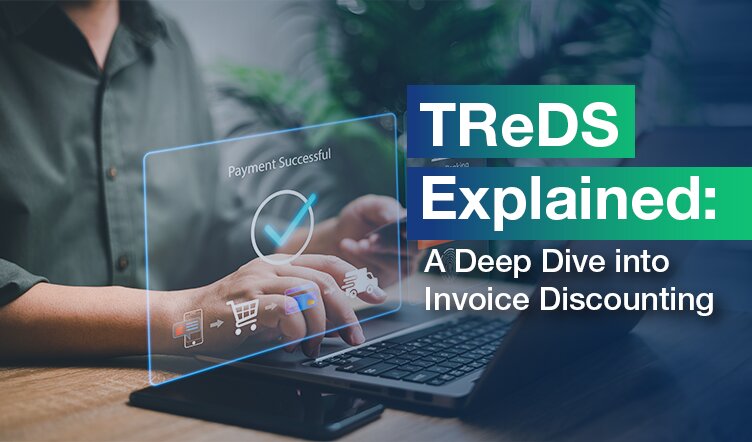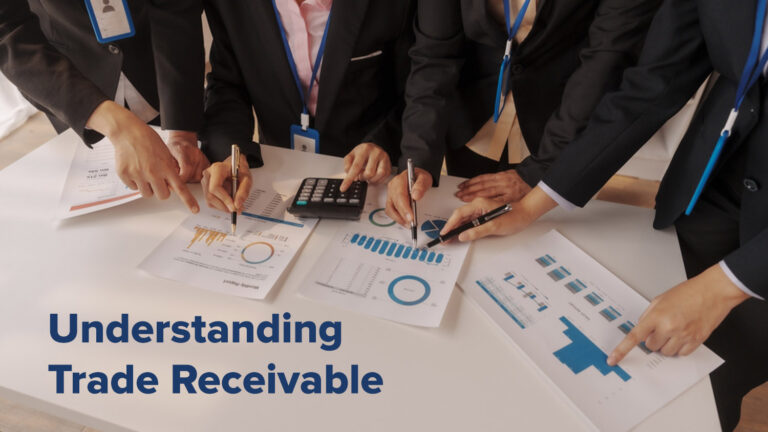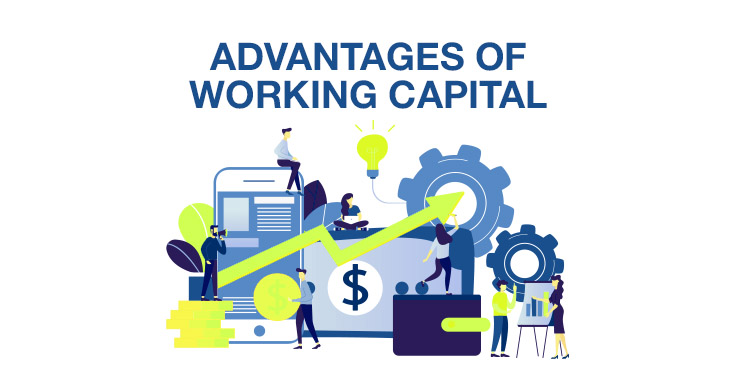About MSMEs
Themicro, small & medium enterprises development (MSMED) Act, 2006 categorizes micro, small and medium enterprises into two classes:
- Manufacturing Enterprises
- Service Enterprises
Further classification is made basis the annual turnover and investment in equipment.
Importance of MSMEs for the growth of India
MSMEs play a significant role in the social socio-economic development of the nation. Over the years, this industry has made its place by being a major contributor to the Gross Domestic Product (GDP) and exports of the country. It has also enabled entrepreneurial development in semi-urban and rural areas.
Problems faced by MSMEs
1. Ease of doing business still remains a bottleneck in the system:
A long list of regulations causes red-tapism in approvals and causes businesses to suffer during the initial stages. Several loopholes continue to be a part of the system despite India’s long jump in the world bank’s ease of doing business index. These loopholes hamper businesses from achieving greater heights and expanding. Many times, entrepreneurs are demotivated due to hindrances that occur while MSME loan approvals, construction permits, and enforcement of contracts.
The time taken by businesses to enforce a contract has exceeded its previous timeline of 1,420 days from 15 years ago to 1,445 days today. However, registering a new business has become relatively easier. A massive decline in the time period has been observed, that has gone straight from 127 days to 30 days. Local entrepreneurs continue to follow a tedious process where they have to clear have to wait and clear 12 procedures to start a business in Mumbai, whereas globally on average, the same can be done in 5 procedures.
2.High cost of credit:
Unavailability of credit at reasonable costs and time is rarely found. Poor credit availability also hinders the confidence of MSMEs. Just like everything has a reason, there is a root cause behind this too. MSMEs do not have the resources to give collateral to obtain a loan from their banks. This creates a high threat perception about this sector in the eyes of the bank. Interest rates and transactional costs are also high for loan appraisal. Lack of availability of funds at
3.Lack of access to financing solutions:
The government has taken multiple measures to encourage start-ups and MSMEs yet loopholes create several obstacles for them. Most issues relate to the availability of credit at the right time. Delay in getting licenses, insurance, and certifications also hamper the prospects of MSMEs. Most businesses face problems related to manufacturing, timely purchase of raw materials, or even access to new technologies or acquiring new skills due to lack of funding. Another major concern is the economic slowdown which led to a liquidity crunch. Being considerate enough, the government had given a breather to MSMEs by asking banks not to declare any stressed loan account of MSMEs as NPA till March 2020 and work on recasting their debt.
4.Absence of collateral in loan:
Small businesses lack the resources to meet up the collateral charged by banks. They may not have substantial property. This makes business owners unfit to meet the loan criteria and they resort to unsafe lenders to avoid the hassle of loan approvals, which puts them at a higher level of risk.
Measures taken by the government to support MSMEs
Back in November 2015 Reserve Bank of India (RBI) granted “in-principle†approval to set up the Trade Receivables Discounting platform (TReDS). Three companies were granted approval. One of the three companies, Mynd Solutions set up its TReDS platform- M1xchange on April 7th, 2017 under the Payment and Settlement System (PSS) Act 2007. The platform facilitates easy invoice and bills of exchange discounting for MSMEs on a PAN India basis.
M1xchange was launched to finance the needs of MSMEs across India. The exchange enables MSMEs to secure finances by converting their trade receivables into liquid funds, on without recourse basis. The exchange has hosted nationalized, private and foreign banks to finance these receivables at the most competitive rates with a unique model of bidding by the banks. Key participants in TReDS are micro, small & medium Enterprises MSME’s (suppliers), large corporates including PSUs, govt. departments (buyers) and banks/NBFCs (Financiers). M1xchange aims to provide MSMEs supply chain-related cash flow finance at competitive rates through an open bid process via multiple financiers. Financing on M1xchange is Without Recourse to the MSME supplier as per RBI guidelines. M1xchange employs the latest technologies to ensure the authenticity of the underlying transactions along with the growth of the MSMEs.
What is TReDS?
TReDS is an e-platform that facilitates easy financing. It’s a platform that helps in financing/ discounting invoices of trade receivables via multiple financiers. These receivables can be due from corporates and other buyers, including government departments and Public Sector Undertakings (PSUs)
The TReDS platform brings different participants together for facilitating the uploading, accepting, discounting, trading, and settlement of the invoices/bills of MSMEs.
Some prominent features of TReDS
- Unified platform for sellers, buyers, and financiers.
- Allows easy access to funds.
- Eliminates paper.
- Enables online transactions.
- Provides competitive discount rates.
- Ensures seamless data flow.
- Follows standardized practices.
Importance of TReDS in improving working capital crunch
MSMEs represent a major part of the Indian economy and are strongly responsible for driving economic development, innovation, and employment. The industry possesses a large potential for growth which is disturbed by several challenges.
One of the challenges faced by MSMEs is the delayed payment from corporate buyers leading to a shortage of working capital for their regular business operations. To address the financing-related issues faced by MSMEs in India, in 2015 Reserve Bank of India (RBI) granted “in-principle†approval to set up the Trade Receivables Discounting platform (TReDS).
Three platforms were granted licenses by RBI to operate on the TReDS mechanism in 2017, including Mynd Solutions’ M1xchange, Invoice mart (a joint venture between junction services and Axis Bank), and RXIL (a joint venture between NSE and SIDBI).
TReDS plays a major role in the growth of MSMEs in India.
Benefits of TReDS for MSMEs to overcome working capital challenges
- Quicker payments – MSME sellers receive funds against approved invoices within 48 hours whereas loan procedures are tedious and take up to 45 days.
- Multiple financiers – MSMEs are not restricted to a single bank. They have the option to choose the lowest bids among the multiple financiers. The financial institutions can be banks as well as Non-Banking Financial Companies (NBFCs) too.
- No recourse borrowing – The seller is not obliged to repay the financier in case the buyer defaults in repayment.
- Lower cost of funds – Transparent bidding process helps attain the most reasonable price. The seller can access financing at competitive terms as it is based on the credit rating of the buyer.
- Off-balance-sheet finance – TReDS offers a collateral-free bill discounting service that doesn’t impact the business balance sheet while involving the sale of receivables.
- Collateral- free working capital – Seller can gain access to working capital using unpaid invoices through bill discounting.
- Business Growth – TReDS promotes rapid business growth and expansion with timely access to money at suitable prices.
The fastest growing platform to solve working capital issues and promote MSME growth in India
The Reserve Bank of India had approved Mynd Solutions Pvt Limited to set up and operate M1xchange, the first trade receivables exchange platform in India. M1xchange has digitally transformed the process of gaining access to working capital for MSMEs via invoice discounting through multiple financiers. TReDS is an answer to the everlasting cash flow issues of the MSMEs in India and an effective solution to drive the MSME sector to the next phase of the Indian economy. It empowers the growth of MSMEs in India.
On November 2/2018, the department of micro, small, and medium enterprises issued a notification stating that all companies registered under the companies act with a turnover greater than or equal to INR 500 crore, and all central public sector enterprises are required to onboard a TReDS platform. Therefore, registration on the TReDs platform is mandatory for such companies. The Registrar of Companies (RoC) in every state has been nominated to be the competent authority to monitor the compliance of this notification.
MSMEs get greater access to finance, at competitive rates without providing any additional collateral. They also get non-recourse finance making it easier to obtain working capital finance.
Corporates save on procurement costs through an improved negotiation of financing terms for their vendors.
Financiers get an opportunity to build PSL asset portfolios on trade receivable exchange platforms like M1xchange.
M1Xchange has made life easier for MSMEs by attending to their needs by providing them discounting invoices that help in their growth alongside sufficient provision of working capital.
You can also read this – SME Finance
Last modified: November 27, 2024















